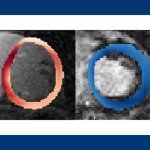
News • Survival predictor
AI mines MRI to predict cardiac arrest
An algorithm built to assess scar patterns in patient heart tissue can predict potentially life-threatening arrhythmias more accurately than doctors can.

An algorithm built to assess scar patterns in patient heart tissue can predict potentially life-threatening arrhythmias more accurately than doctors can.

Contrast agents in the wastewater and power-hungry imaging systems: The eco-footprint of healthcare is huge, and radiology departments are among the main culprits. An expert panel at the ECR Overture explored ways to make the field “greener”.
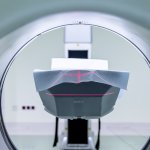
Synthetic correlated diffusion makes cancerous tissue glow in medical images could help doctors more accurately detect and track the progression of cancer over time.

A mathematical analysis of data obtained with a MRI approach can identify brain cell damage in people at early stages of Alzheimer's.
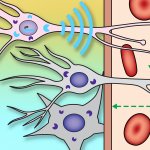
Using a novel probe for functional magnetic resonance imaging, researchers have devised a way to monitor individual populations of neurons and reveal how they interact with each other.

When it comes to imaging stable cardiac chest pain, which modality should be used as the first-line test to investigate coronary artery disease: CT or MRI? Radiologists discussed the strengths and limitations of the two approaches in a lively Pros and Cons session at ECR Overture.
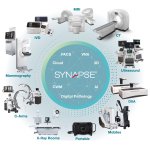
Fujifilm aims to become an entity that can contribute to the advancement of human health by supporting the ongoing transformation in the healthcare industry – as a “One-Stop” solution partner.
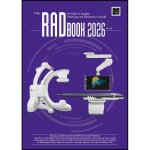
Our RADBook gives an overview about the most innovative diagnostic imaging systems for radiologists, cardiologists and managing directors of hospitals in Europe. The print guide is also available as an ePaper. Click here to find out more.
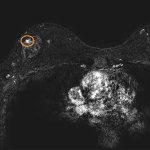
Annual MRI screenings starting at ages 30-35 may reduce breast-cancer mortality by more than 50% among women who carry certain genetic changes in three genes, according to a new modeling analysis.
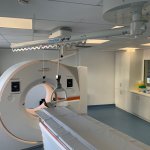
In radiology, it is important to place patients safely and precisely. This works with the "GetUp®" holding system from Febromed.

A new risk calculator could reduce the number of unnecessary and invasive biopsies for prostate cancer.
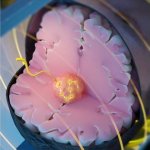
Scientists at University College London have developed a novel cancer therapy that uses an MRI scanner to guide a magnetic seed through the brain to heat and destroy tumours.

The combination of a novel blood test and magnetic resonance imaging can reduce overdiagnosis of low-risk cancers as well as societal costs in prostate cancer screening, according to a new study.
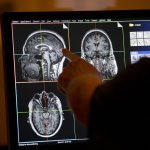
Cleveland Clinic has launched a landmark study to better understand why millions of people around the world suffer from brain diseases, with the goal of pinpointing disease biomarkers early, well before clinical symptoms present themselves.

When a patient suffers a stroke, speed in treatment can mean the difference between successful recovery, permanent disability, or death. For Christopher Hess, success in stroke diagnosis is a question of workflow and efficient care delivery.
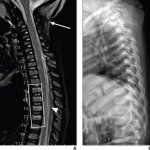
According to new research, whole-spine MRI commonly demonstrates isolated thoracolumbar injuries in children with suspected abusive head trauma.
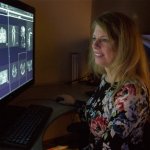
Researchers have studied the Spaceflight-Associated Neuro-Ocular Syndrome (SANS). For that they compared brain scans before and after spaceflight.
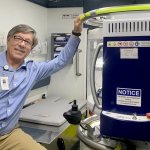
Doctors work on initiatives to cut down the steps that need to happen between the time a stroke patient is wheeled through the ambulance bay until treatment can begin.
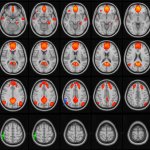
Adolescents and young adults with post-concussive symptoms who suffered three to five concussions showed disruption in the default mode network, an interconnected network of brain regions involved in wakeful rest and internal thoughts.
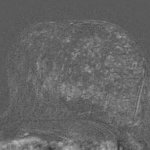
Intrauterine contraceptive devices (IUDs) appear to have systemic effects on the body like those of hormone replacement therapy, according to a breast MRI study being presented at the annual meeting of the Radiological Society of North America (RSNA).

Organised screening enabling early detection and treatment of prostate cancer can reduce death by an impressive 20%, based on 16 years of findings of over 160,000 men participating in the landmark European Randomised Study of Screening for Prostate Cancer (ERSPC).

Type 2 diabetes can be diagnosed with a whole-body magnetic resonance imaging (MRI) scan. This is shown by a current study by researchers from the German Center for Diabetes Research, the Institute of Diabetes Research and Metabolic Diseases of Helmholtz Zentrum München at the University of Tübingen, the Max Planck Institute for Intelligent Systems and Tübingen University Hospital. They used…
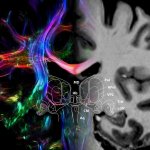
Neuroscientists at Technische Universität Dresden discovered a novel, non-invasive imaging-based method to investigate the visual sensory thalamus, an important structure of the human brain and point of origin of visual difficulties in diseases such as dyslexia and glaucoma. The new method could provide an in-depth understanding of visual sensory processing in both health and disease in the near…
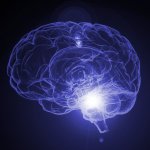
A miniscule area in the brain, known as the locus coeruleus (LC), or blue spot, can help to identify an increased risk of Alzheimer’s disease at a very early stage. The LC is hidden deep in the brainstem and can only be detected with advanced MRI equipment. Heidi Jacobs (Maastricht University/Harvard Medical School) used MRI scans to show that the tau protein can begin to spread in the LC three…
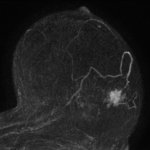
New research indicates that MRIs are cost effective for detecting breast cancer for women with very dense breasts detected by mammography. About 10% of women have extremely dense breasts, and current mammography screening guidelines do not recommend additional imaging tests unless there is a strong family history or genetic risk for breast cancer. Such women face two problems. They have increased…